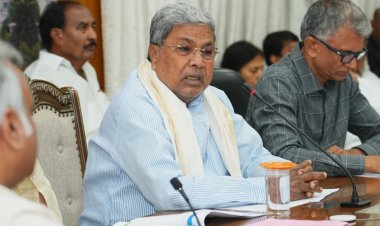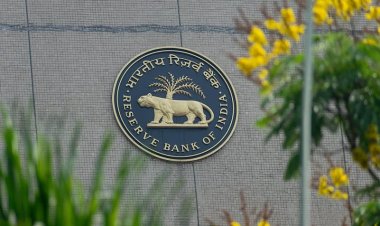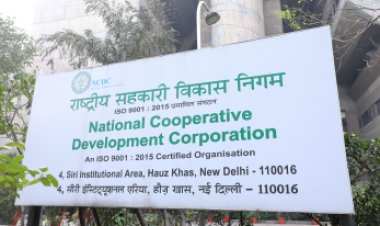Lok Sabha passes Rs 45 lakh crore Budget 2023-24 without debate
Birla applied guillotine and put demands for grants of all ministries for voting. The demands were passed as the Opposition MPs trooped into the Well of the House shouting slogans. Prime Minister Narendra Modi was present during the passage of Budget for 2023-24. The entire exercise was over in 12 minutes completing two-third of the parliamentary approval for the Budget for 2023-24.
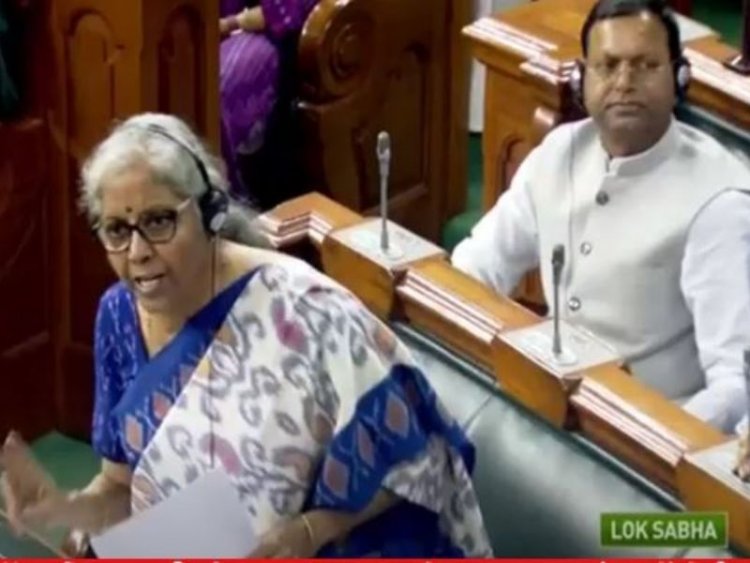
Lok Sabha has approved the Union Budget envisaging an expenditure of around Rs 45 lakh crore for the fiscal year starting April 1 without any discussion amid Opposition ruckus over demand for a JPC probe into allegations against the Adani Group.
Speaker Om Birla put the Opposition's cut motion or amendments to the government spending plan to vote which was rejected by voice vote. This was followed by Finance Minister Nirmala Sitharman moving the demands for grants for 2023-24 and relevant Appropriation Bills for discussion and voting.
Birla applied guillotine and put demands for grants of all ministries for voting. The demands were passed as the Opposition MPs trooped into the Well of the House shouting slogans. Prime Minister Narendra Modi was present during the passage of Budget for 2023-24. The entire exercise was over in 12 minutes completing two-third of the parliamentary approval for the Budget for 2023-24.
The Finance Bill 2023, which contains tax proposals that Sitharaman had moved while presenting the Budget on February 1, was taken up by the Lok Sabha a day later and passed with 64 official amendments, including the one that seeks withdrawal of long-term tax benefits on certain categories of debt mutual funds and another for setting up the GST Appelate Tribunal.
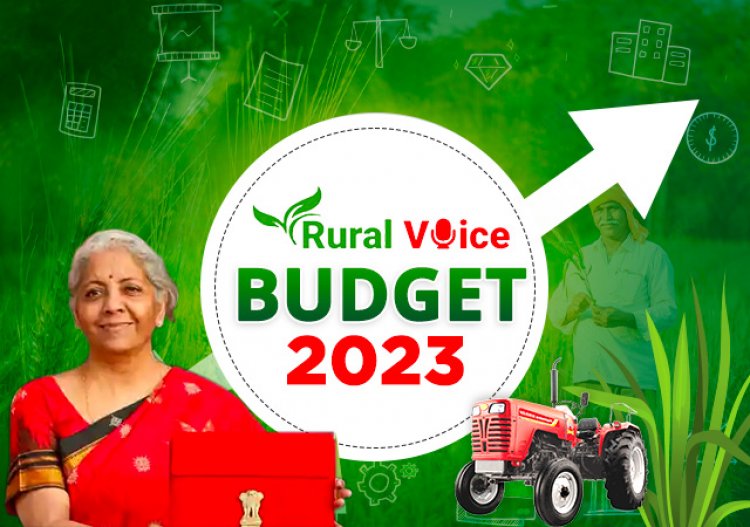
The Finance Bill that gives effect to tax proposals for fiscal year starting April 1 was passed without a discussion amidst opposition uproar over demand for a JPC (Joint Parliamentary Committee) probe into the allegations against the Adani group of companies.
All the budget-related bills go to the Rajya Sabha, which cannot make any changes but only return them to the Lok Sabha after discussion as they are classified as 'money bills' requiring approval of the Upper House only.
According to the Budget papers, the total expenditure in 2023-24 is estimated at Rs 45,03,097 crore, of which total capital expenditure has been pegged at Rs 10,00,961 crore. During the current financial year ending March 31, 2023, the total expenditure has been estimated at Rs 41,87,232 crore, which is more than the outlay of of 2021-22 by Rs 3,93,431 crore.
Besides other things, the Budget 2023-24 reflects continuing commitment of the Union government to boost economic growth by investing in infrastructure development and increasing capital expenditure by 37.4 per cent over revised estimate of 2022-23.
Effective capital expenditure has been estimated at Rs 13,70,949 crore in 2023-24 showing an increase of 30.1 per cent over RE 2022-23. With regard to fiscal deficit, the Budget proposed to bring it down to 5.9 per cent of the GDP from 6.4 per cent likely in the current financial year. To finance the fiscal deficit in 2023-24, the government plans the net market borrowings at Rs 11.8 lakh crore from dated securities.
While moving the Finance Bill for consideration and passage, the Finance Minister announced the setting up of a committee under finance secretary to look into pension issues of government employees. She also said the Reserve Bank of India will look into the payments made through credit cards for foreign tours which escape tax at source.
In a relief to taxpayers opting for deductions and exemption-free new tax regime, individuals earning marginally higher income than no-tax ceiling of Rs 7 lakh will continue to pay nil tax. Under the new tax regime with effect from April 1, if a taxpayer has an annual income of Rs 7 lakh s/he pays no tax. But if s/he has income of Rs 7,00,100 s/he pays tax of Rs 25,010. Thus an additional income of Rs 100 leads to tax of Rs 25,010.
The amendment provides that the tax payable should not be more than the income that exceeds Rs 7 lakh. This means, an individual having income up to Rs 7,27,700 could stand to benefit from this marginal relief. Other amendments include raising the tax rate on royalty and fee for technical services from 10 per cent to 20 per cent.



 Join the RuralVoice whatsapp group
Join the RuralVoice whatsapp group

































